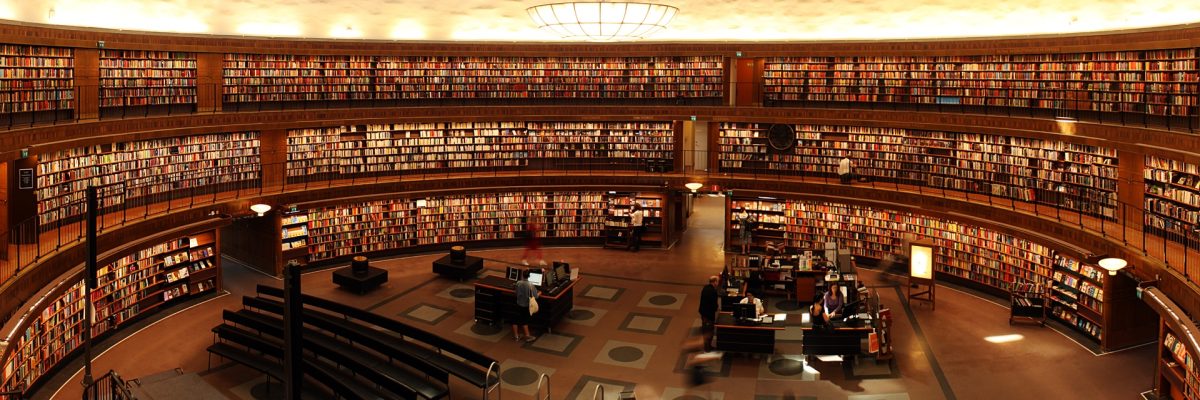Cultural identity is the sense of belonging and connection to a specific group, shaped by shared traditions, languages, beliefs, and customs. It defines how individuals and communities see themselves and their place in the world, influencing everything from their daily lives to their collective history. This identity is not static; it evolves over time, shaped by both internal dynamics and external influences. It serves as a foundation for understanding who we are and how we relate to others, providing a sense of continuity and stability in an ever-changing world.
Music, an art form that transcends boundaries, plays a crucial role in expressing and preserving cultural identity. It reflects the values, emotions, and histories of a culture, becoming a symbol of its unique character. Different musical styles and instruments often represent specific cultures, like reggae in Jamaica or flamenco in Spain. Through music, people connect with their heritage, celebrate their traditions, and communicate their collective experiences. This dynamic interaction between cultural identity and music ensures that as cultures evolve, their musical expressions continue to adapt, reflecting the ongoing dialogue between the past and the present.
The Role of Music in Cultural Expression
Cultural identity and music share a symbiotic relationship, where each plays a pivotal role in shaping and reinforcing the other. Cultural identity gives rise to the music that reflects its unique characteristics—its history, values, and emotions. Through music, cultures express their distinctiveness, preserving traditions and telling stories that might otherwise be lost. Music becomes a vessel for conveying the collective experiences of a community, allowing individuals to connect with their roots and maintain a sense of belonging.
Conversely, music plays a vital role in shaping and evolving cultural identity. As people create and engage with music, they continuously redefine what it means to belong to a particular culture. Music not only preserves tradition but also allows for innovation, providing a space where cultural identity can adapt and grow in response to new influences and changing circumstances. In this way, music both reflects and drives the evolution of cultural identity, ensuring that it remains a living, dynamic force within communities.
The Preservation of Cultural Identity Through Music
The preservation of cultural identity through music is essential for maintaining the unique traditions and values of a community. Music acts as a living repository of a culture’s history, capturing the stories, rituals, and emotions that define its identity. By passing down songs, melodies, and rhythms from one generation to the next, communities ensure that their cultural heritage remains intact, even as external influences threaten to dilute or erase it. This transmission of musical traditions helps to keep a culture’s essence alive, providing a sense of continuity and connection to the past.
In a rapidly globalizing world, the preservation of cultural identity through music is more important than ever. As cultures blend and evolve, music offers a way to protect and celebrate distinct cultural expressions. It allows communities to resist the forces of homogenization, ensuring that their unique voices are heard and respected. By embracing and preserving traditional music, cultures not only safeguard their heritage but also enrich the global cultural landscape, contributing to a more diverse and vibrant world. Through this preservation, music becomes a powerful tool for cultural resilience and pride, helping to maintain the identity and integrity of communities across generations.
Conclusion
In conclusion, music stands as a powerful testament to the enduring nature of cultural identity. It encapsulates the history, values, and emotions of communities, serving both as a bridge to the past and a beacon for future generations. Through music, cultures find their voice, individuals connect with their heritage, and diverse identities are expressed and celebrated. As globalization continues to influence the world, the role of music in preserving and honoring cultural identity becomes even more significant. By embracing the rich diversity of musical traditions, we not only safeguard our cultural heritage but also foster a deeper understanding and appreciation of the shared human experience.


